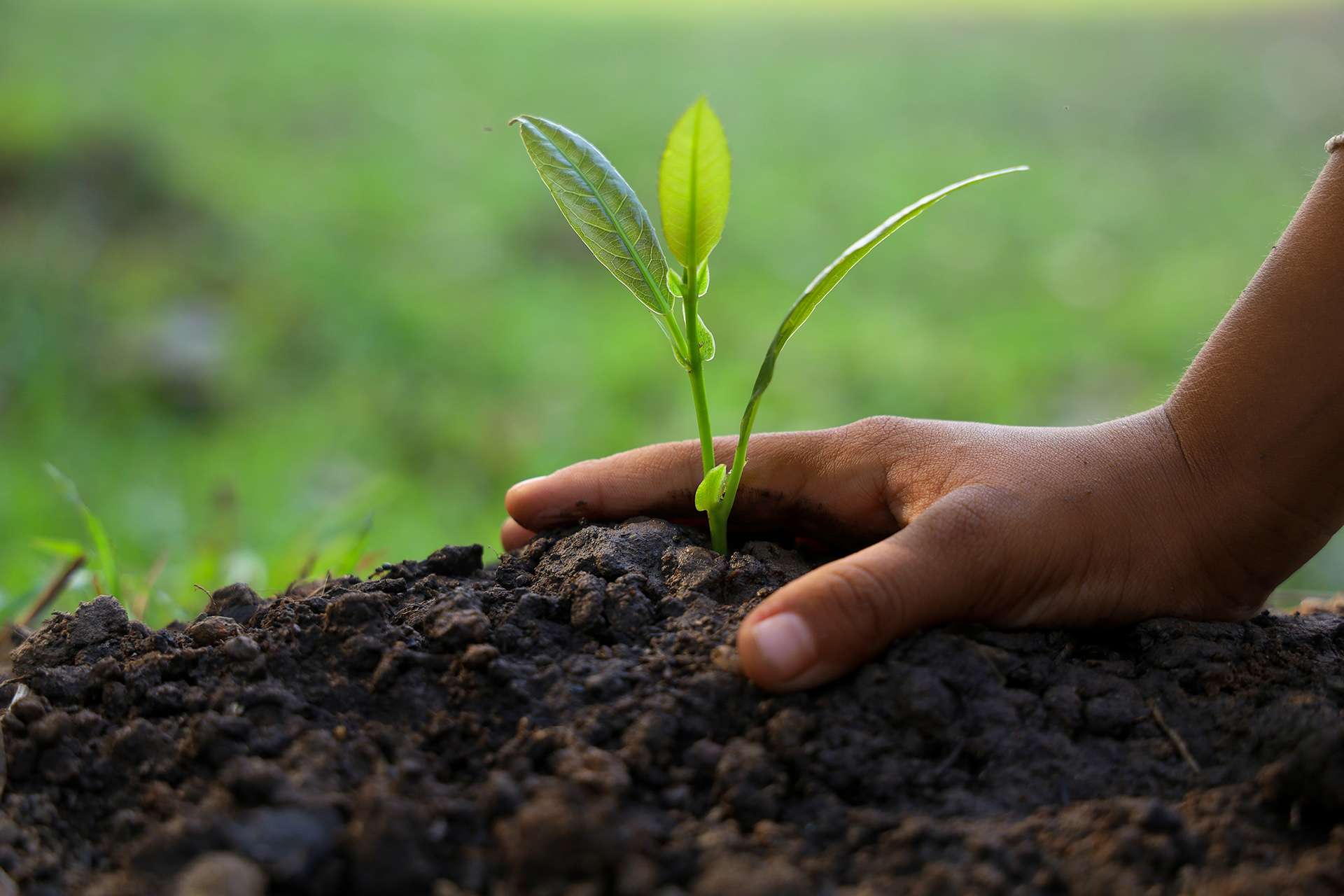

Explore the crucial role of soil, its impact on our lives, and the ongoing global efforts to restore its health. In this article, Sadhguru sheds light on the need for sustainable policies and practices to preserve Earth’s vital foundation.
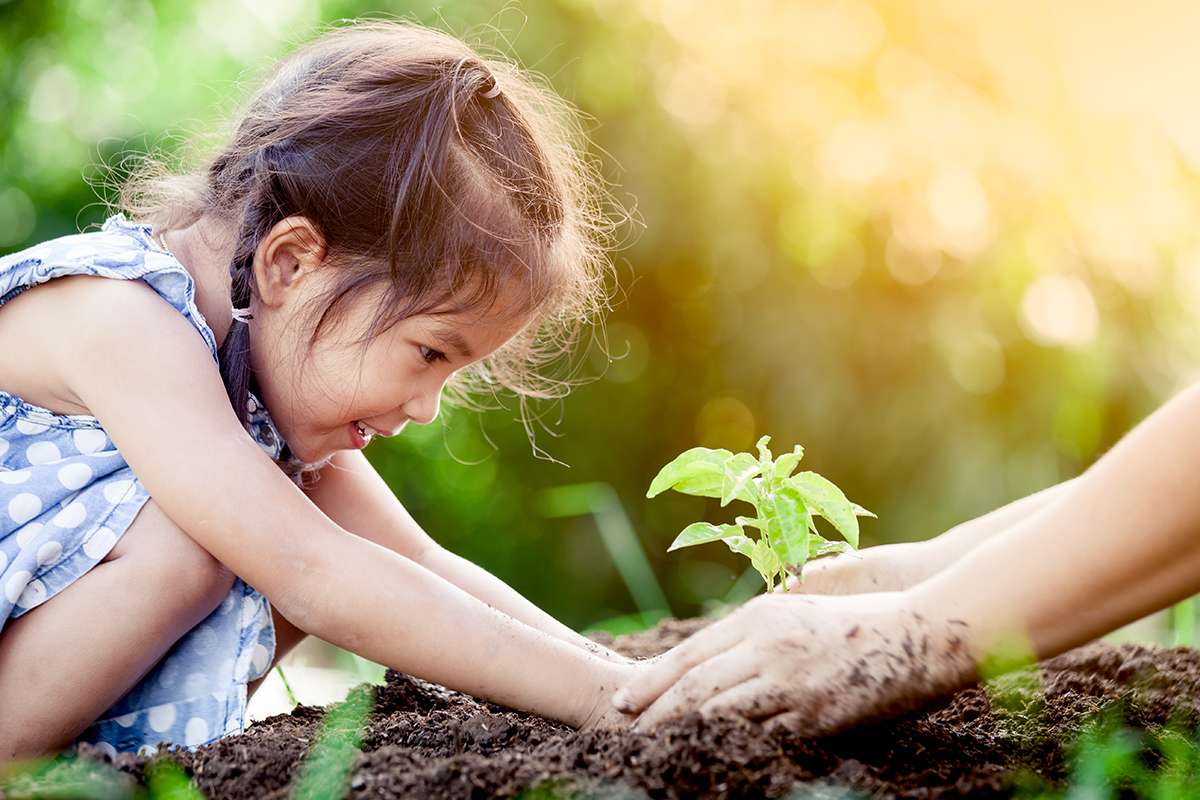
Sadhguru: My interest in soil is not academic. I have been asking people, “How come you do not notice what is happening to the soil?” It is not because you are not a soil scientist or an environmentalist that you do not notice it – the real issue is that you have never truly observed life. You are trying to accumulate knowledge about life without paying attention to it. This happens because our educational systems reward us for our memory rather than our attention.
If you genuinely pay attention to your life, how can you not realize that soil is the foundation of our existence? How can you live on this planet without knowing that everything you eat, everything you consume, and your very body consist of soil, water, air, and other elements? You do not need any scientific knowledge to understand that.
I have been on this planet for over six and a half decades, experiencing life like any other creature. Like a worm, I am also affected by what happens to the soil. But many human beings have lost this sensitivity because they have become too absorbed in their thoughts.
Farmers used to be individuals who could feel what is happening to the soil. But unfortunately, over the past fifty years, even farmers have lost touch with it. Instead of listening to the land, they have started relying on laboratories. While labs are useful for innovations, it is essential to remember that the soil is where everything happens.
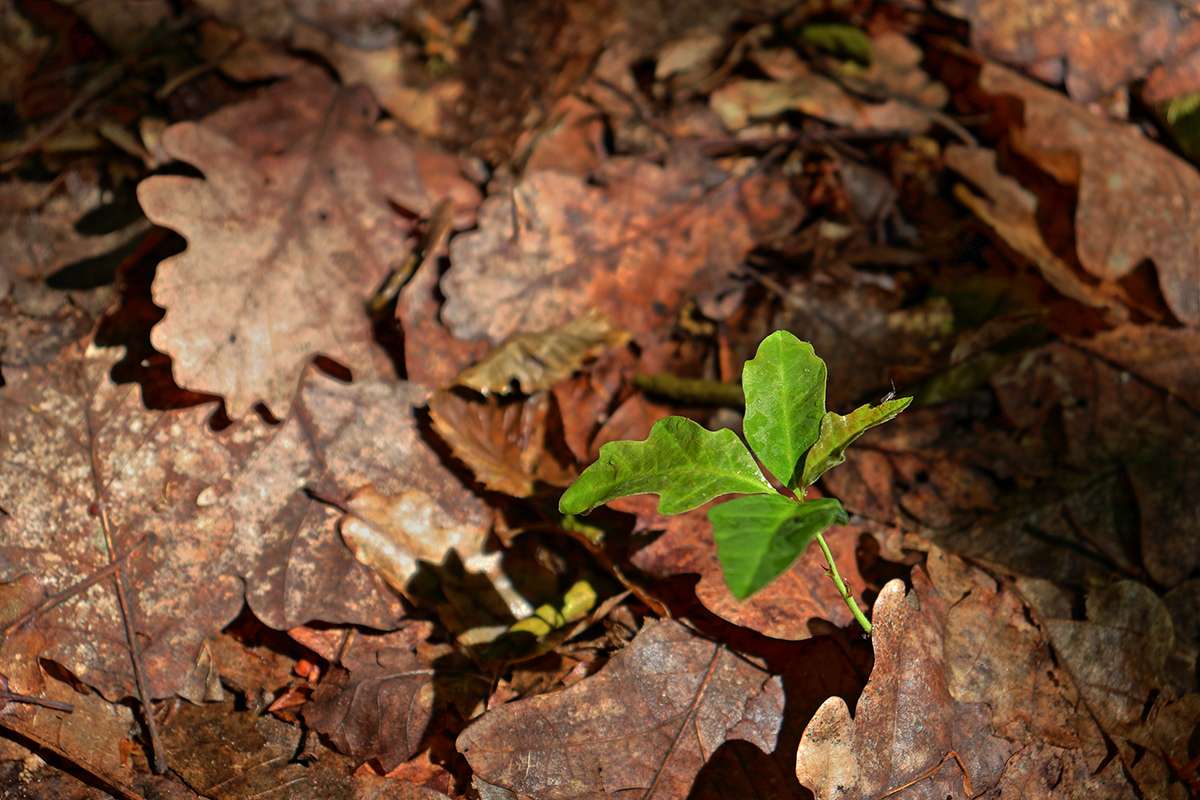
This tree is soil. This building is soil. I am soil. Can you identify anything here that is not soil? Everything, whether it is a rocket, a computer, or a banana, is ultimately soil. Soil is where we come from, what we live off, and where we return to. In essence, as far as the planet is concerned, we are part of its recycling process. Because the Earth is alive, it recycles us.
We often assume that our lives are separate, but actually, we are all part of a recycle. Is there anyone who will not go back into the soil? Perhaps we can extend our lives by a few years, but eventually, every one of us will return to the earth. This understanding does not come from scientific knowledge found in books or laboratories but from simply paying attention to our lives. If we truly understand how we are made, we will naturally be concerned about the source of life.
Whether it is India, China, the US, or any other country, the issue remains the same. In the past 50 years, farmers worldwide have become increasingly excited about the use of chemicals. In 1918, a German scientist introduced chemical fertilizer, and when people applied it to their fields, it seemed to work like magic. We became so enamored with this “magic” that we forgot about the importance of the soil itself.
The fertilizer was initially intended as an add-on, but we began relying on it to grow crops in soil devoid of life. It is crucial to remember that only life can produce life. The aliveness of the soil is producing so much life, which we see as food. Whether you take a carrot, banana, chicken, or whatever else – it is life. We consume life to sustain our own; and eventually, this life will be consumed by other lives. The nature of life is a natural, sustainable cycle.
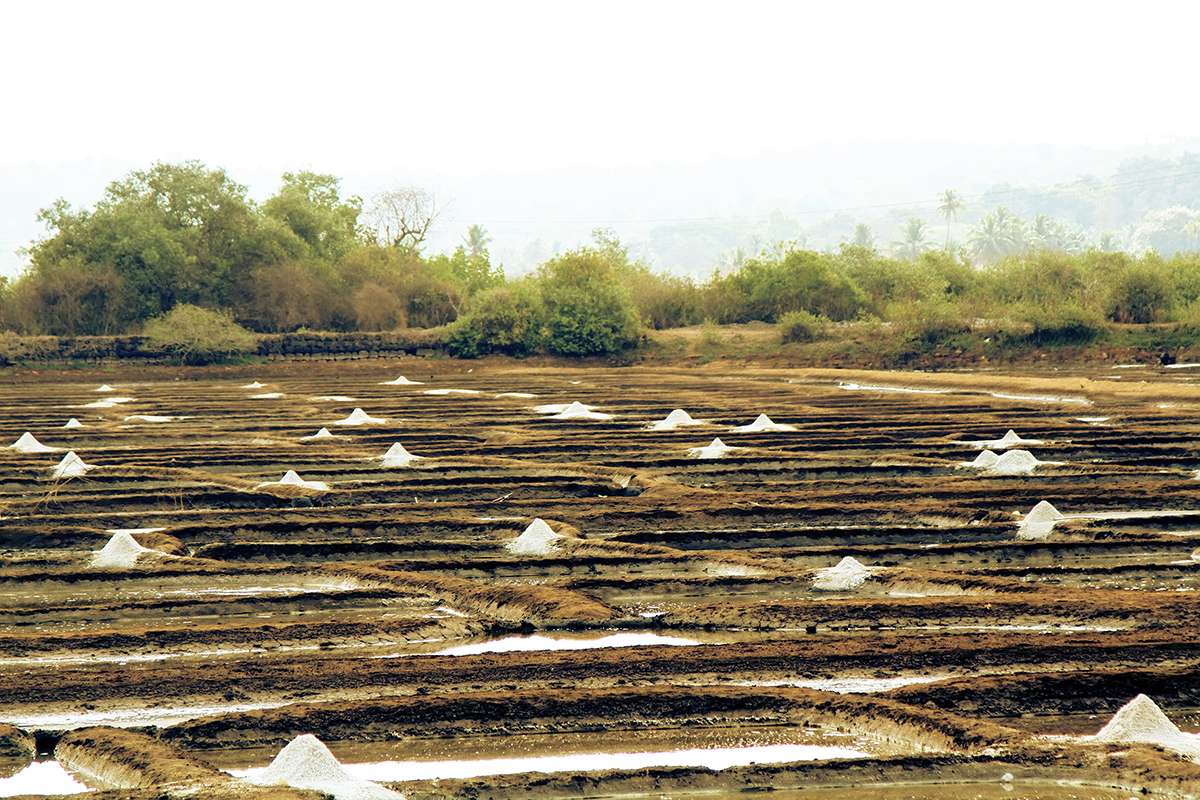
Because we acquired certain chemical tools that produce results for us, we got very excited. In the early 20th century, we have seen terrible famines in many nations across the world. When the chemical fertilizers were introduced, it was thought to be the best solution for famine conditions because they could multiply productivity. The chemicals themselves were not the problem.
The issue is we have failed to realize that soil is a living substance – the largest living substance not only on this planet, but in the known universe. It is like you were eating good food and you were healthy, but when you went to the doctor for a checkup, they said, “Your iron levels are not good,” and they gave you one pill. You took this one pill, and you felt very good. Then you thought, “Let me take a hundred pills and stop eating food altogether.”
This is what we did with the land. We added some chemical, and there were results. We forgot that the soil is alive, and the chemical only ignited that. But over time, with the same chemicals, we started killing the soil, thinking it would produce good results. Unfortunately, this is not the case. UN agencies are clearly stating that there are only another 50 to 55 years of agricultural soil left on this planet. After that, there can be no agriculture because soil everywhere is reaching this critical point.
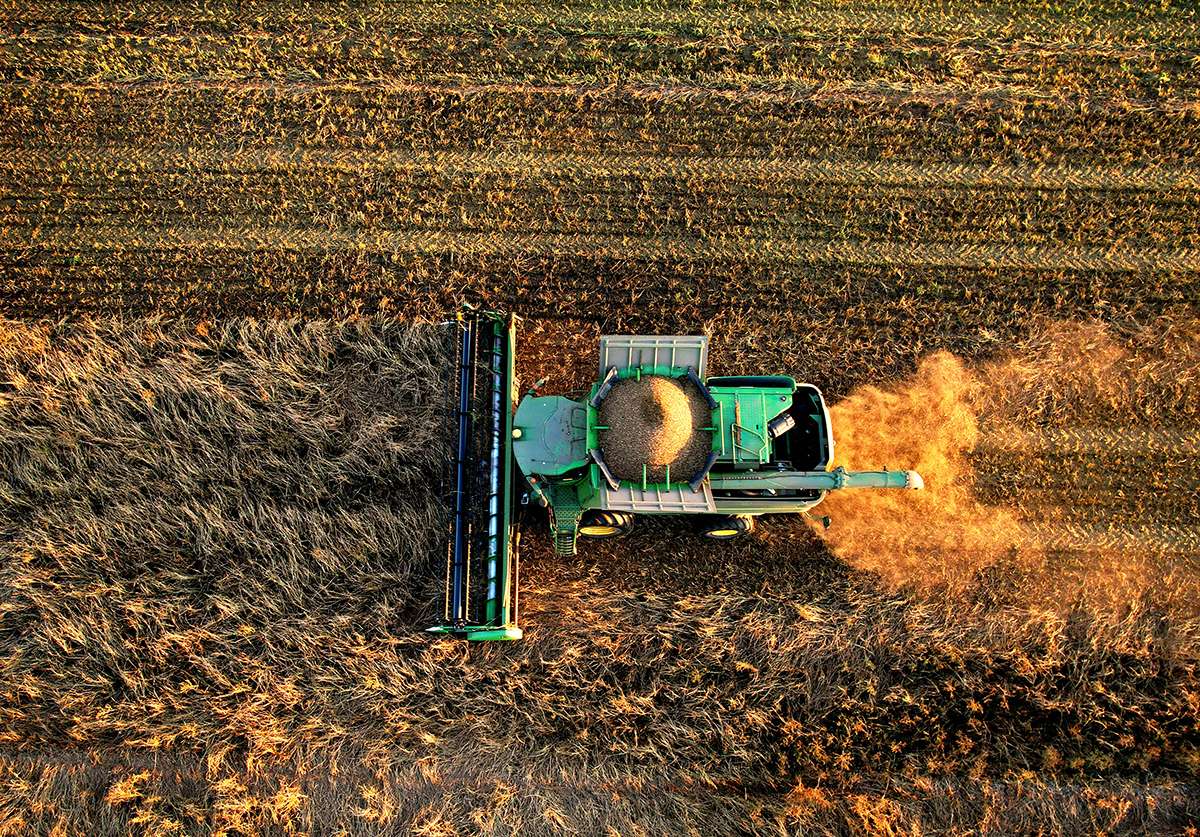
The required organic content in temperate climates and tropical climates differs. In tropical climates, even with less organic content, we can produce more food. But as you move farther up in latitude, more organic content is needed to get the same results. Without going further into the data, it is important to note that this problem is universal, affecting every country across the globe.
UN agencies have stated that any region with less than one percent organic content in the soil is experiencing desertification. The highest average organic content is found in western and northern European countries, at 1.42%. In southern Europe, it is around 1.1%, while in the United States, it is about 1.25%. Africa’s average organic content is 0.3%.
In India, 62% of the land has less than 0.5% organic content. Even historically fertile riverbeds are now suffering from soil degradation.
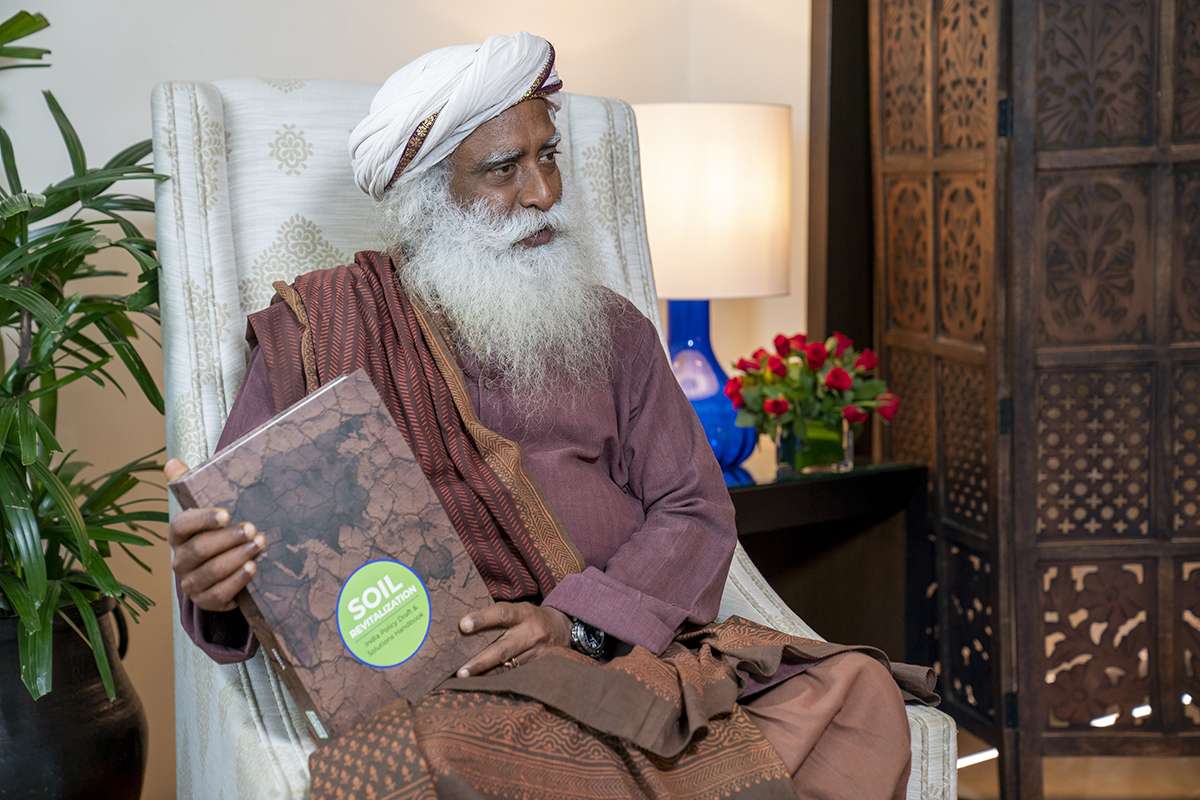
Fortunately, corrective action is being taken. The government of India announced a budget of 19,000 crore rupees to rejuvenate 13 major rivers through soil and tree-based interventions, and ten states signed MoUs to save soil. The Chinese government has initiated a soil survey.
Similarly, the European Union has started a consultative process. The United States has already invested money; the UK is doing something, and the Commonwealth nations are coming together. There is forward movement. I do not have any more doubt whether it will happen or not. We will definitely regenerate the soil. The important thing is the pace. Will we do it in a reasonable amount of time?
On average, 27,000 species are going extinct every year. At this rate, in another approximately 20 to 25 years, we will reach a point where regenerating the soil will become extremely difficult. Human health, both physical and mental, will be significantly impacted without this microbial activity. We cannot maintain physical or mental health without it.
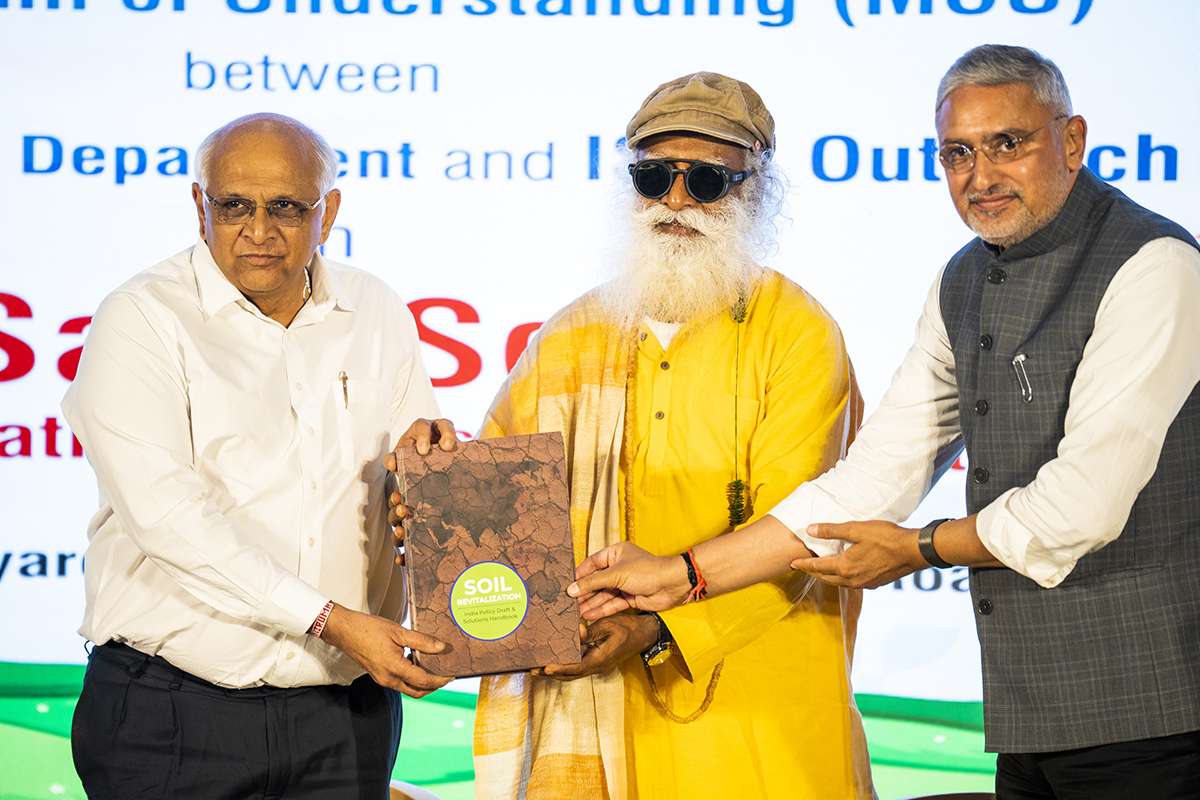
While there will always be some sensible human beings who do sensible things, it is essential to make it into government policy. This ensures that not only today, but even after 100 or 500 years, people will still know and follow the policy. For instance, if you have agricultural land, you must maintain a minimum of 3% organic matter. This needs to be implemented and enforced.
There are urban laws that regulate construction in cities, but with agricultural land, there are no such laws. If someone has 100 acres of land, and they turn it into a desert in 10 years, no one will question them; it is not considered a crime.
The enhancement of organic matter must initially happen with strong incentives from governments. But beyond a certain point, it also needs to become punitive, like any other law. This needs to happen around the world. Another aspect is that food must be grown where people reside. Unfortunately, at present, food is grown in one location, while people live elsewhere. This situation carries the constant risk of famine.
Currently, seven countries in Africa are experiencing famine conditions, but there is no widespread media coverage. If the issue is not seen, it is considered nonexistent. But those who die due to lack of food cannot be ignored. It is estimated that around 300,000 to 360,000 children will die this year from malnutrition in Africa alone. We can close our eyes and pretend it did not happen, but human suffering will come back in so many different ways.

Individual farmers embracing and promoting sustainable agriculture alone is not enough. It is essential to make it into policy, starting with incentive-based initiatives, and eventually establishing enforceable laws in every nation. This transformation is something we are working toward in India, Europe, and America. For example, if someone owns agricultural land, they must maintain a minimum of 3% organic content.
Political nations may differ, but when it comes to soil, we are one humanity, and we are one life. One earth, one family, one future – this is the way forward.